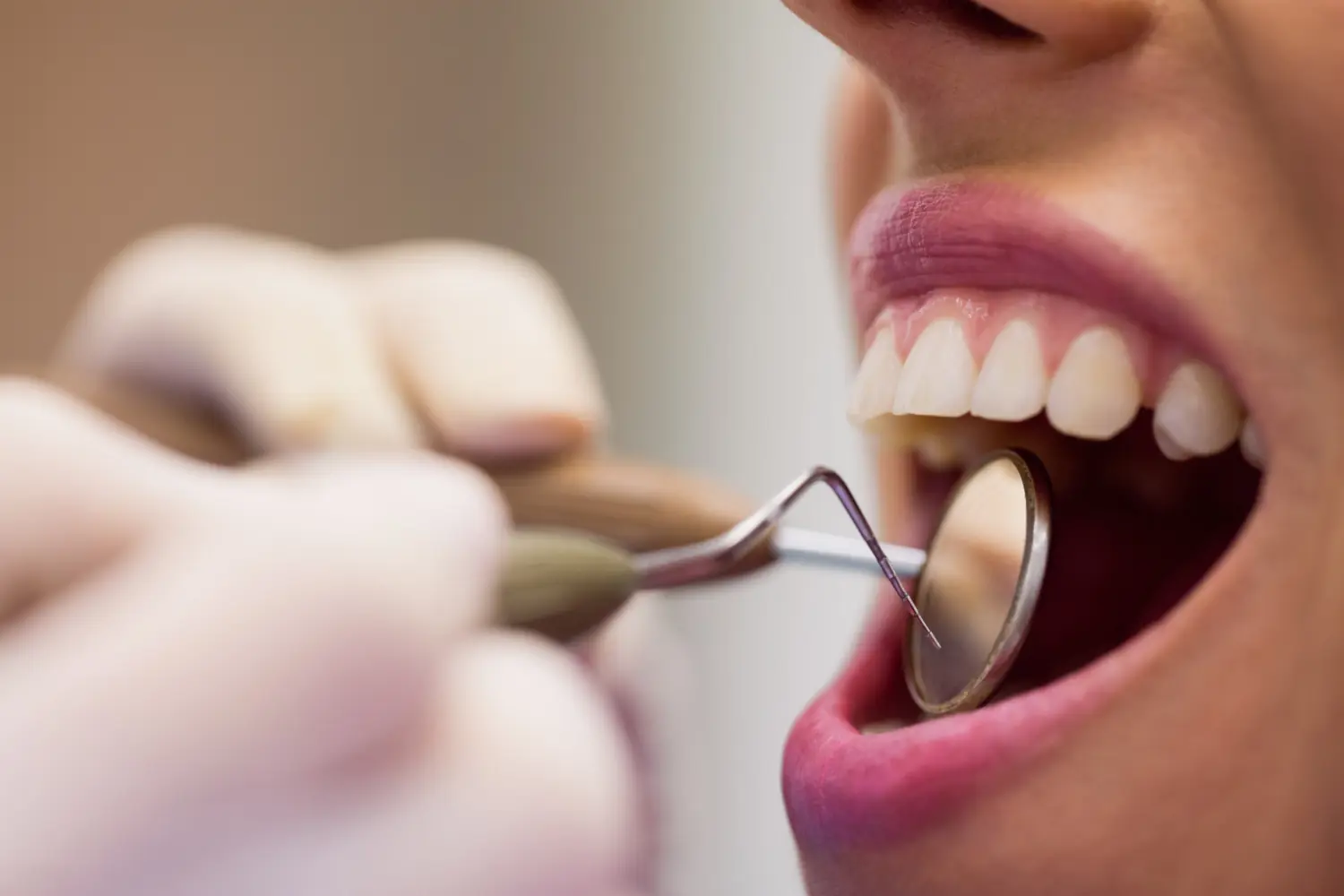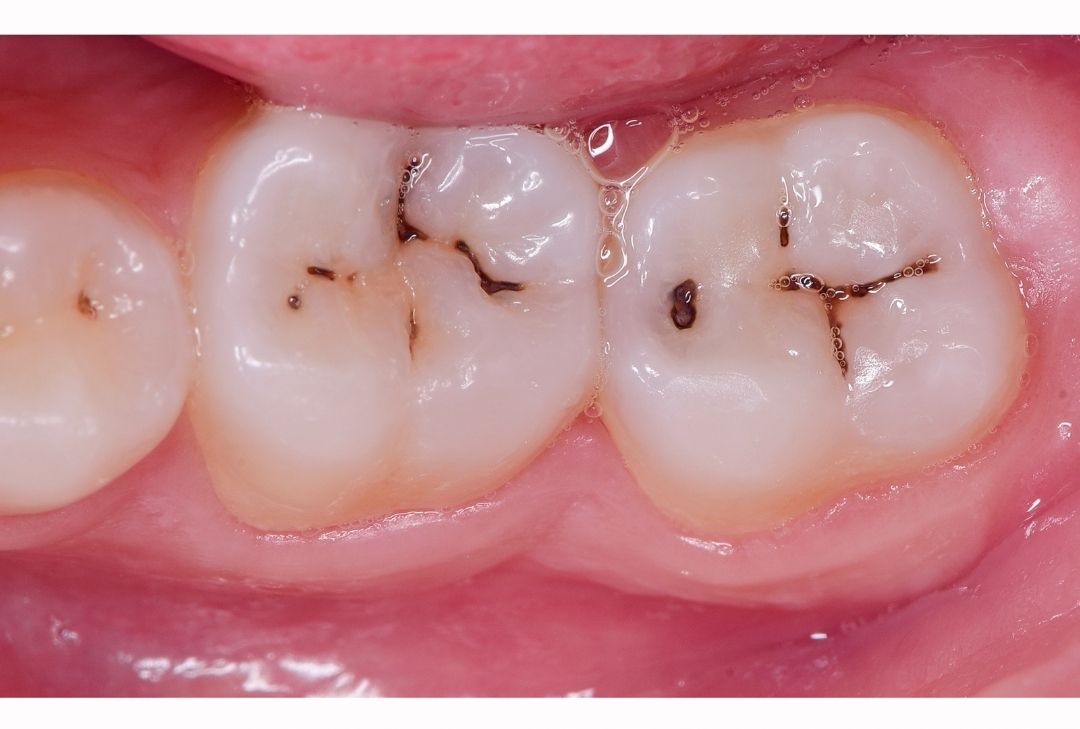Root canal treatment has become a widely used and effective solution for saving teeth compromised by deep decay, infection, or trauma, while the procedure relieves pain and restores dental health, patients often wonder about possible side effects. In this article, we will explore common and rare side effects of root canal treatments, why they occur, and how they can be managed effectively.
This guide is based on reputable sources, expert insights, and dental journals to offer an informed and comprehensive view on this crucial dental procedure. If you’re considering a root canal treatment, understanding what to expect can make the journey smoother and help you feel more prepared.
Understanding Root Canal Treatment
A root canal treatment is a dental procedure that removes infected or inflamed pulp tissue from inside the tooth. This helps eliminate infection and prevents further decay. According to the American Association of Endodontists, root canals have a high success rate and can last a lifetime with proper care. However, like any medical procedure, it comes with potential side effects that patients should be aware of.
Common Side Effects of Root Canal Treatment
Here are some common side effects that patients might experience following a root canal:
1. Pain or Discomfort
- Pain after a root canal is typically mild and can last for a few days. This discomfort is due to inflammation around the treated area. Dr. John Smith, a prominent endodontist, explains that “pain after a root canal is usually manageable with over-the-counter painkillers and reduces significantly within 48 hours.” Persistent pain, however, could signal an issue and should be evaluated by a dentist.
2. Sensitivity to Hot and Cold
- Some patients experience sensitivity to temperature changes, which might persist for a few days post-treatment. This sensitivity is due to inflammation in the surrounding tissue, which gradually subsides as healing progresses.
3. Swelling or Tenderness
- Mild swelling or tenderness around the affected tooth and gums is also common. Swelling is a sign of the body’s natural healing response and can often be managed with anti-inflammatory medications or cold compresses.
4. Allergic Reactions to Medication
- While rare, allergic reactions to materials or medications used during the root canal procedure may occur. It’s important to inform your dentist of any allergies before the treatment.
Rare but Possible Side Effects
1. Infection After Treatment
- Although rare, infection after a root canal can occur if bacteria remain in the canal. This can lead to further complications, requiring additional procedures to address the infection. Dr. Emily Martinez, an endodontic specialist, emphasizes that “properly sterilizing the treatment area and filling the canal carefully is crucial to prevent post-treatment infections.”
2. Damage to Surrounding Tissues
- In rare cases, over-instrumentation or misplacement of materials can cause damage to surrounding tissues, which may lead to nerve damage or sinus complications. Reputable sources recommend only undergoing root canals with experienced specialists to minimize this risk.
3. Tooth Fracture
- After a root canal, the tooth may be more brittle and prone to fractures. Reinforcing the tooth with a dental crown is often recommended, especially for back teeth that endure more pressure from chewing.
Managing Side Effects After Root Canal Treatment
If you’re experiencing any side effects, here are some tips for relief:
- Pain Management
Over-the-counter pain relievers like ibuprofen can help alleviate pain and reduce inflammation. Avoid eating hard foods that may add pressure to the treated tooth until it is fully healed. - Avoiding Hot and Cold Foods
Stick to a neutral-temperature diet for the first few days to prevent unnecessary sensitivity. Warm, soft foods like soups and purees are often easier to handle. - Oral Hygiene
Keeping the mouth clean is essential to prevent any infections. Gently brush and floss around the treated tooth and use a mild, antiseptic mouthwash if recommended by your dentist.
Root Canal Treatment and Long-Term Side Effects
Root canal treatment generally has a positive outcome, but it’s essential to monitor your oral health afterward. Without a crown, a treated tooth can become weak over time. In cases where long-term issues arise, it may be necessary to consider re-treatment.
According to Dr. Sarah Walker, a specialist in restorative dentistry, “Most root canal-treated teeth can last a lifetime if the procedure is done correctly and followed by a crown or protective restoration.” However, regular check-ups are crucial, as teeth that have undergone root canal treatment still require routine dental care and monitoring.
When to Seek Professional Help
If you experience prolonged pain, swelling, or any unusual symptoms after a root canal treatment, it’s essential to contact your dentist promptly. These symptoms could indicate a complication that needs immediate attention.
Summing UP
Root canal treatment is an effective solution for preserving a damaged tooth. While it may come with potential side effects, they are usually manageable and temporary. By understanding the common and rare side effects, patients can feel more informed and prepared for what to expect after the procedure. For those considering dental care options in Albania, Albanian Dental AGENCY can help connect you with top dental professionals who specialize in root canal treatments and other dental procedures, ensuring a safe and supportive experience tailored to your needs



















